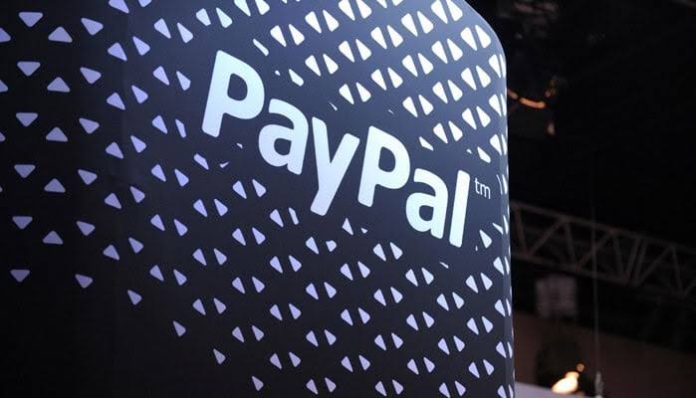The recent development allowing online freelancers in Pakistan to receive payments through PayPal without requiring a PayPal account marks a significant milestone in facilitating the country’s burgeoning freelance economy. This move is a result of the State Bank of Pakistan’s (SBP) efforts to streamline international payments and boost the digital economy.
Previously, Pakistani freelancers faced obstacles in receiving payments from international clients due to restrictions on PayPal usage in the country. With the new rules, freelancers can now accept payments seamlessly through a third-party digital wallet, which will then transfer the funds directly to their bank accounts. This eliminates the need for freelancers to navigate the complexities of setting up and maintaining a PayPal account, simplifying the payment process and reducing barriers to entry for freelancers.
Moreover, freelancers can now open bank accounts linked to this digital wallet, enabling them to access additional banking services such as debit cards and dollar accounts. This facilitates easier management and utilization of their earnings, enhancing financial inclusion and empowering freelancers to participate more actively in the global digital marketplace.
One of the most significant aspects of the new regulations is the nominal tax of 0.25% imposed on freelancers upon registration with the Pakistan Software Export Board (PSEB). This tax is a modest contribution towards supporting the growth of Pakistan’s digital economy and funding initiatives aimed at further developing the freelance sector.
Furthermore, the government’s plan to establish 10,000 e-rozgaar centers across the country will provide additional support to online freelancers by offering training, resources, and networking opportunities. These centers will serve as hubs for nurturing talent, fostering innovation, and connecting freelancers with job opportunities, ultimately enhancing the earning potential and skill development of Pakistan’s freelance workforce.
In conclusion, the State Bank of Pakistan’s new rules, combined with the government’s initiatives to support the freelance sector, are poised to catalyze the growth of Pakistan’s digital economy. By enabling easier access to international payments, providing financial services tailored to freelancers’ needs, and investing in skill development and infrastructure, Pakistan is poised to unlock the full potential of its online freelance workforce.


